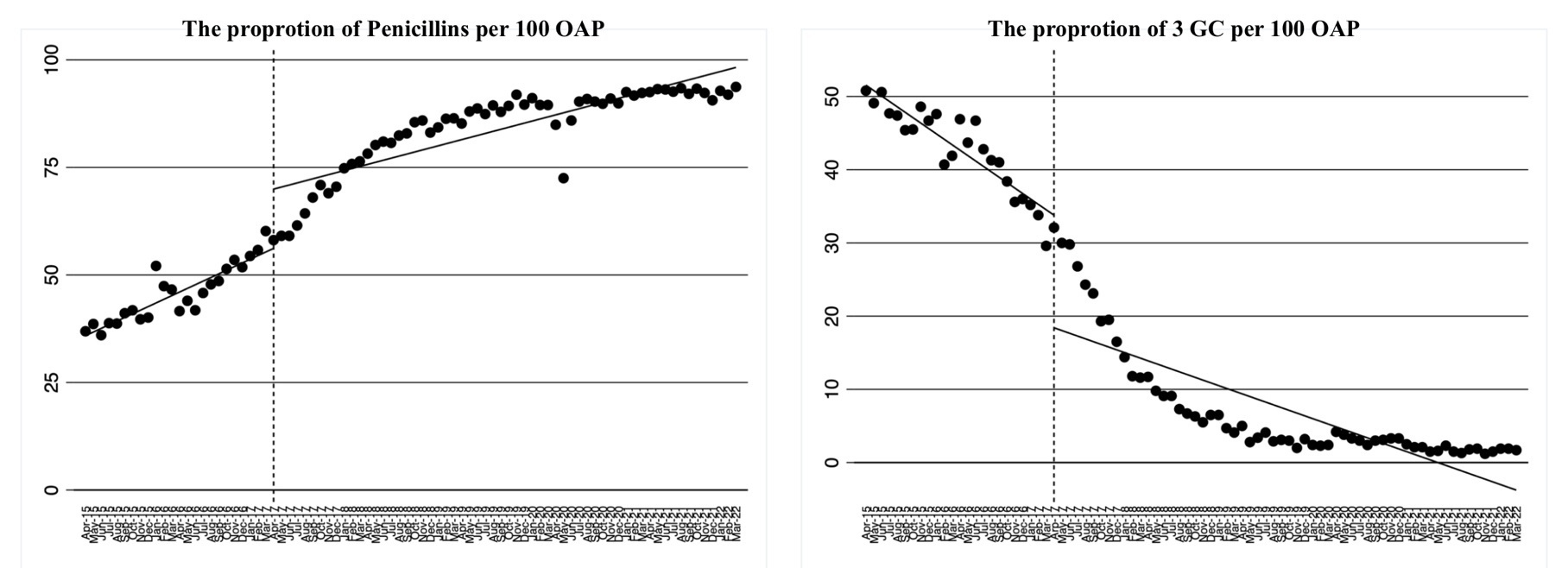Red Pill or Blue Pill? The Critical Decision to Control the Superbugs
Tokyo, Japan - The battle to stop the increase of superbugs in hospitals has been an ongoing struggle for healthcare professionals. Dentists are currently facing a medical challenge that determines the faith of antimicrobial resistance in healthcare settings. To choose the “red pill” means to embrace the painful truth that bacteria are acquiring resistance to many antimicrobials. Meanwhile, the “blue pill” creates blissful ignorance prompting unwarranted habits that increase the incidence of serious infectious diseases.
In a study published recently in the Journal of Hospital Infection, researchers from Tokyo Medical and Dental University (TMDU) revealed that Antimicrobial Stewardship Programs (ASP) can promote the appropriate use of antimicrobials in dentistry and hence prevent antimicrobial resistance.
The public health emergency that overwhelmingly haunts the minds of healthcare providers is the rise of superbugs in healthcare settings. Although most multi-drug resistant organisms are found most often in intensive care units and in hospital settings, dental clinics are not immune to this infectious plague, especially amidst a trend increasing of antimicrobial consumption. In April 2016, a national action plan for antimicrobial resistance from the Ministry of Health, Labour and Welfare was introduced in Japan. ASP teams and ASP pharmacists are a response to the challenge of antimicrobial resistance, to optimize antimicrobial prescription, control transmission of infections, and educate healthcare professionals on the appropriate use of antimicrobials.
“Pharmacist-led ASPs are effective interventions in healthcare; therefore, introducing this practice in an unexplored environment is critical to managing the superbugs,” explains the first author of the study Rie Okihata. “In this research, we aimed to evaluate the efficacy of pharmacist-led multi-faceted intervention in an outpatient dental clinic.”
The 7-year trial was conducted at dental clinics in Tokyo Medical and Dental University Hospital. The data from electronic medical records were reviewed before and after the pharmacist-led intervention to analyze the monthly proportion of oral antimicrobial prescriptions in eight antimicrobial drug classes: penicillins, first- and second-generation cephalosporins, third-generation cephalosporins (3-GCs), fluoroquinolones (FQs), macrolides, carbapenems, and clindamycin. The multi-faceted intervention consisted of several main techniques: post-prescription feedback, a recommendation to administer penicillin, discontinuation of 3-GCs – an antimicrobial with negative effects – and an educational program for dental students.
The study intervention increased the proportion of penicillins in oral antimicrobial prescriptions. In contrast, the proportion of 3-GC prescriptions decreased significantly and that of broad-spectrum antimicrobials such as FQs, macrolides, and carbapenems decreased gradually. The results from the ASP pharmacist-led multifaceted intervention in an outpatient dental clinic were promising. “In the eyes of a dentist, an ASP pharmacist-led intervention is a powerful force that suppresses multi-drug resistant pathogens,” says Yasuaki Tagashira, corresponding author.
Optimization of antimicrobial prescription prevents pharmacists from turning a blind eye to the “one size fits all” ideology and allows them to embrace the truth that a patient-centered approach is a key contributor to controlling the emergence of superbugs in any medical care environment.

Changes in the proportion of penicillins and 3rd generation cephalosporin group per 100 oral antimicrobial prescriptions (OAPs) before and after the intervention
The article, “Pharmacist-led multi-faceted intervention in an antimicrobial stewardship programme at a dental university hospital in Japan,” was published in The Journal of Hospital Infection at DOI: https://doi.org/10.1016/j.jhin.2023.04.006
Summary
Journal Article
TITLE:Pharmacist-led multi-faceted intervention in an antimicrobial stewardship programme at a dental university hospital in Japan
DOI:https://doi.org/10.1016/j.jhin.2023.04.006
Correspondence to
Yasuaki Tagashira,M.D., Ph.D., Junior Associate Professor
Department of Infection Prevention and Control,
Graduate School of Medical and Dental Sciences,
Tokyo Medical and Dental University(TMDU)
E-mail:tagashira1134.cid(at)tmd.ac.jp
*Please change (at) in e-mail addresses to @ on sending your e-mail to contact personnels.

